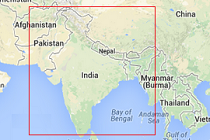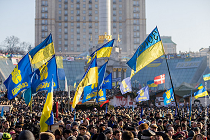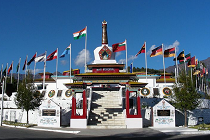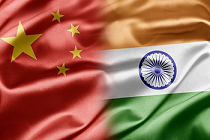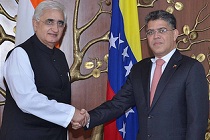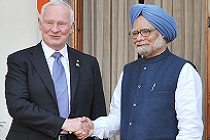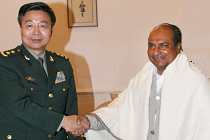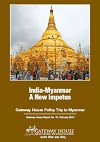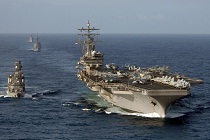BRICS versus the G8?
A new equation is emerging between the BRICS countries and the informal grouping of the most industrialized economies, called the G8. The G8 has been reduced to G7 following Russia’s suspension. Of late, BRICS have taken an assertive stand against the G8 in economic as well as the geo-political fora


